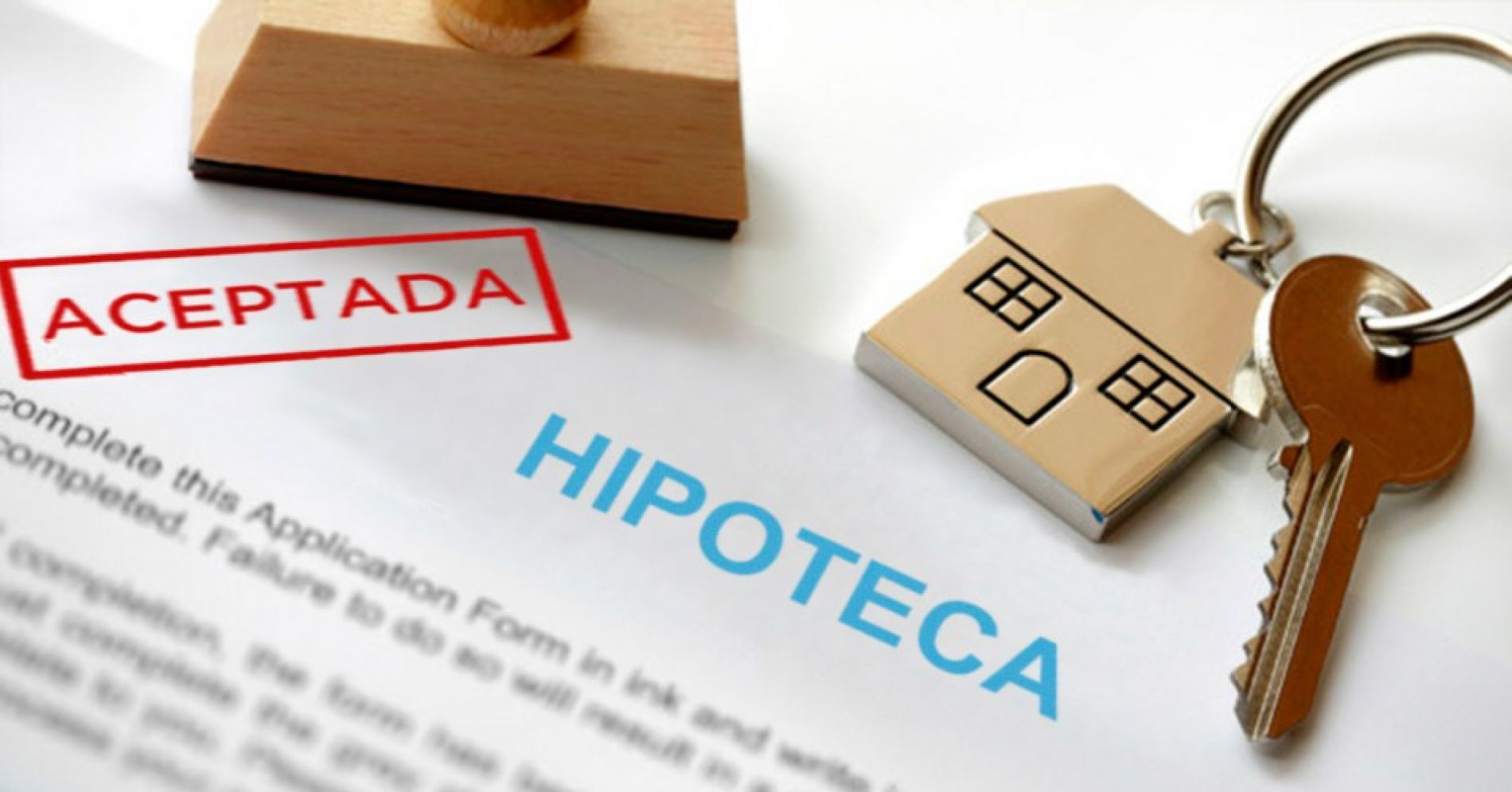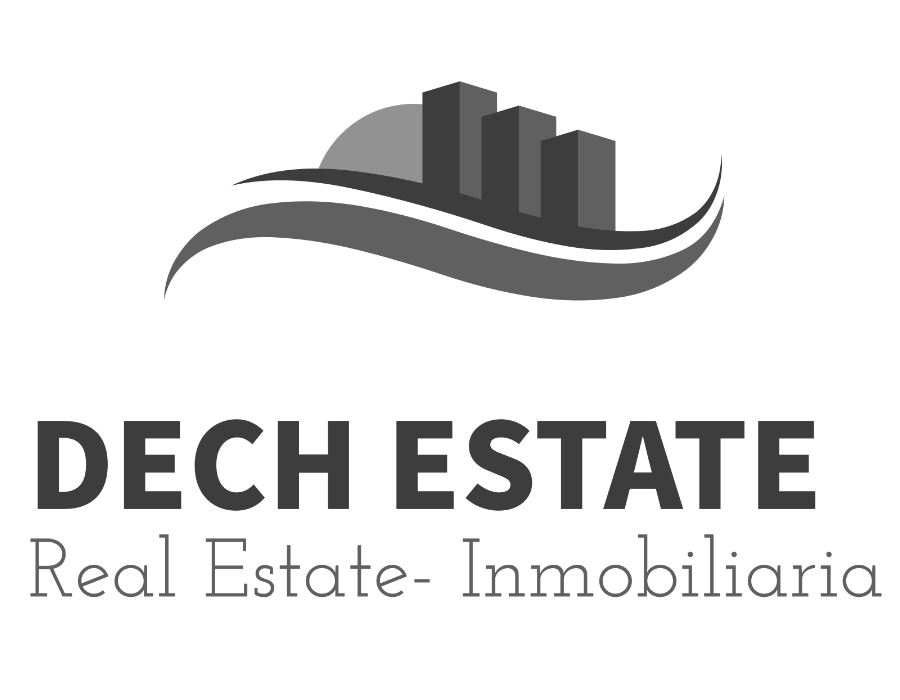
Getting a mortgage in Spain
If you are a cash buyer then that is great news, you can skip this step. If you are looking for a mortgage abroad then read this guide on how to get a mortgage in Spain.
Arranging any mortgage abroad can be a daunting prospect and Spain is certainly no exception. For the uninitiated, it is difficult to know where to start and whether the information you see or receive is correct.
This is made more complicated by the fact that banks lending in Spain do not always offer the same terms to customers, even if they have similar profiles. The mortgage market in Spain is fairly traditional in the sense that having the right contacts is crucial if you want to get the best deals.
Mortgage products
Non-resident mortgages (60-70%) – for non-residents who pay their taxes outside Spain, the maximum mortgage amount is 70% of the purchase price (or valuation if lower), but some banks have a maximum amount of 60%. For tax residents paying Spanish taxes, the maximum mortgage is 80%.
Mortgages for retirees – If you are over 60 and in receipt of a pension, you can still have the mortgage in your own name. It is also possible to appoint a guarantor such as a family member to secure the loan, which can have potential inheritance tax benefits if they are also part owners in the property.
Construction mortgages – For those who want to build their own homes, banks offer construction mortgages. These are complicated to explain and you should definitely speak to a broker, but generally speaking you can borrow 60-70% of the land and construction costs combined.
Commercial – If you are buying a property for commercial use, such as a restaurant or shop, for example, the maximum mortgage is 50% of the price (or valuation if lower). If you intend to run a business, lenders will ask for business plans and, where applicable, accounts for any previous businesses you operate on the premises, as well as what previous experience you have had running a similar business.
Mortgage Terms
Interest Rates - Most lenders use the annual Euribor as the base rate and then add their own margin to this, for example "Euribor plus 2%". Generally speaking, they require you to take out different products with them and they give discounts to the rate for taking each product. Mandatory products are usually a bank account with the bank offering mortgage and home insurance with that bank's chosen insurer. In many cases, life insurance with the bank's chosen insurer is also mandatory.
By using one of our recommended brokers you can secure a much lower rate than if you go directly to a bank. Where a bank can offer rates as high as Euribor + 3.5% if you go direct, our brokers can achieve Euribor + 1.5 - 2.5%.
Although the vast majority of mortgages are variable rate in Spain, fixed rates are becoming increasingly popular, especially now that the Euribor is at its lowest level in history. A typical fixed rate for a 20 year term might be 2.99%, depending on the bank.
Interest only – this is only offered for construction mortgages in Spain and when it is offered, it is only for 1 or 2 years at the start of the term.
Mortgage term – most mortgages can be arranged with terms of 25 years (for non-residents) and 30 years (for residents), usually up to a maximum age of 75. For non-residents, some banks have a maximum term of 20 years.
Getting a Mortgage in Spain
If you’re a cash buyer then that's great news, you can skip this step. If you're looking for an overseas mortgage then read this guide all about getting a mortgage in Spain.
Arranging any mortgage abroad can be a daunting prospect and Spain is certainly no exception. For the uninitiated, it's difficult to know where to start and whether information you see or receive is correct.
This is complicated by the fact that banks lending in Spain do not always offer the same conditions to clients, even if they have similar profiles. The mortgage market in Spain is quite traditional in the sense that having the right contacts is crucial if you want to get the best deals.
Required documents
- United Kingdom
Passport and NIE.
3 last payrolls.
employment contract
2 last P60 (employees) or 3 last tax returns (self-employed)
Credit bureau at experian.es
6 months of bank statements to check salaries, savings and payments.
- ITALY
Passport and NIE.
3 last pay slips.
2 last tax returns
employment contract
Credit bureau at experian.it / www.crif.com


